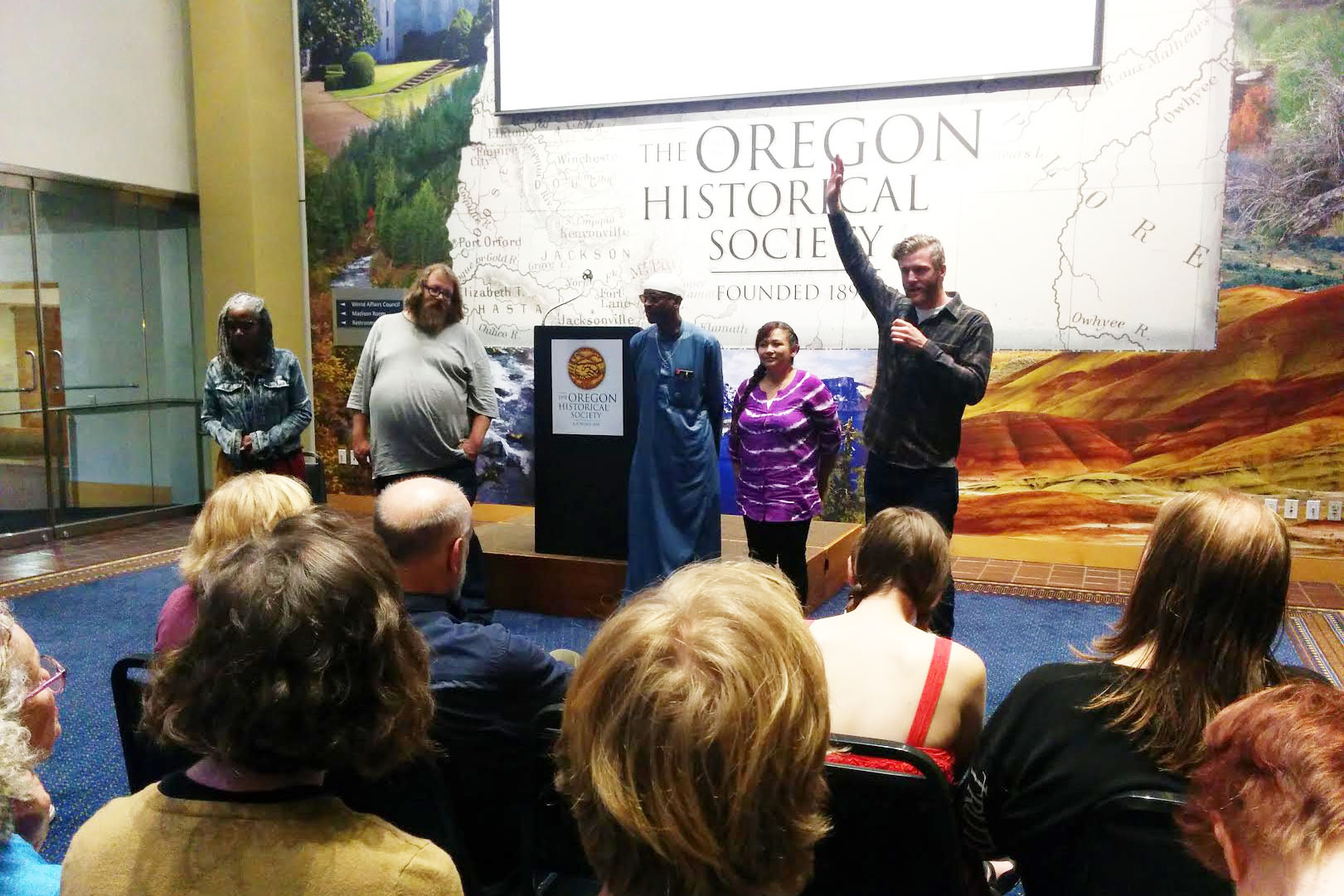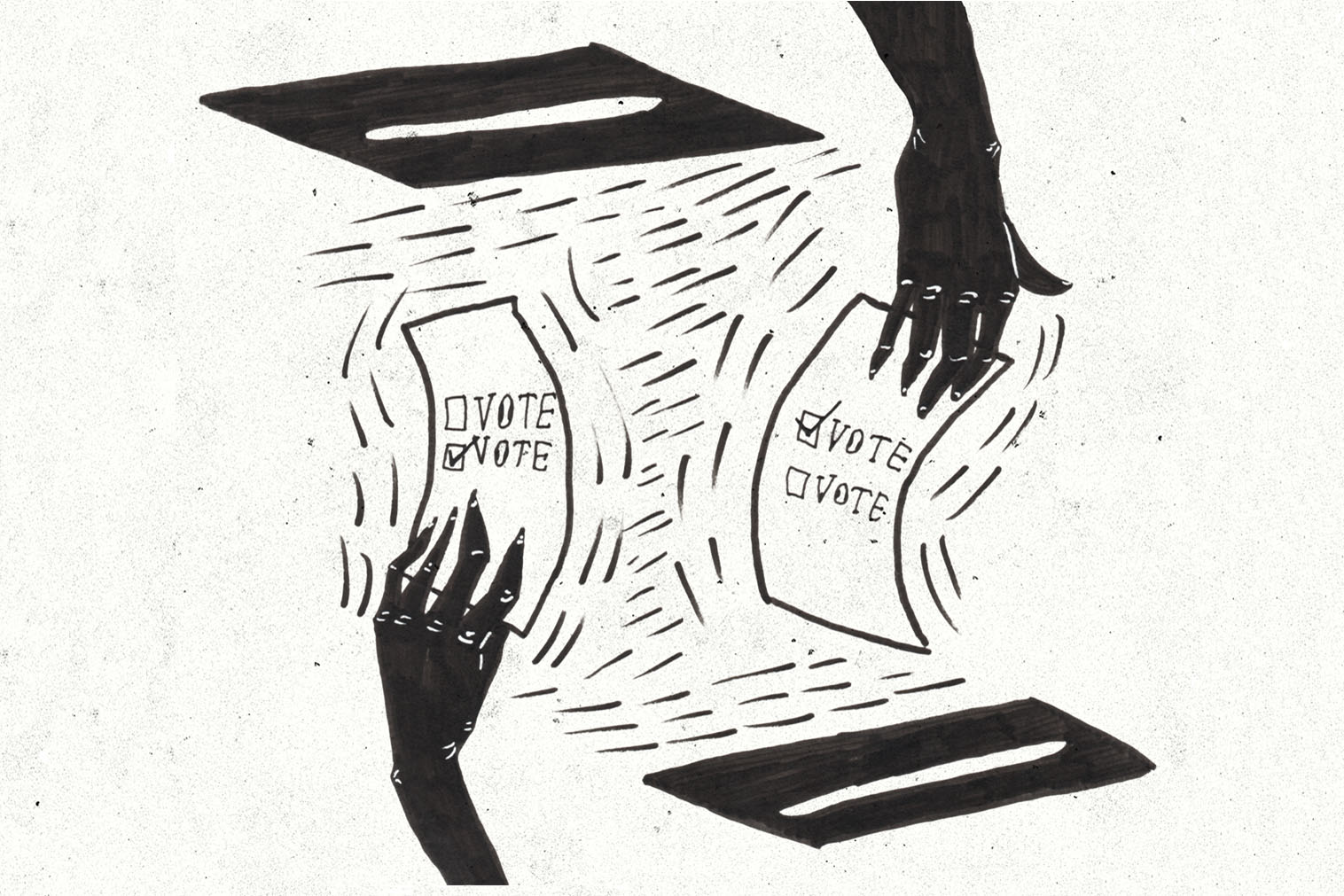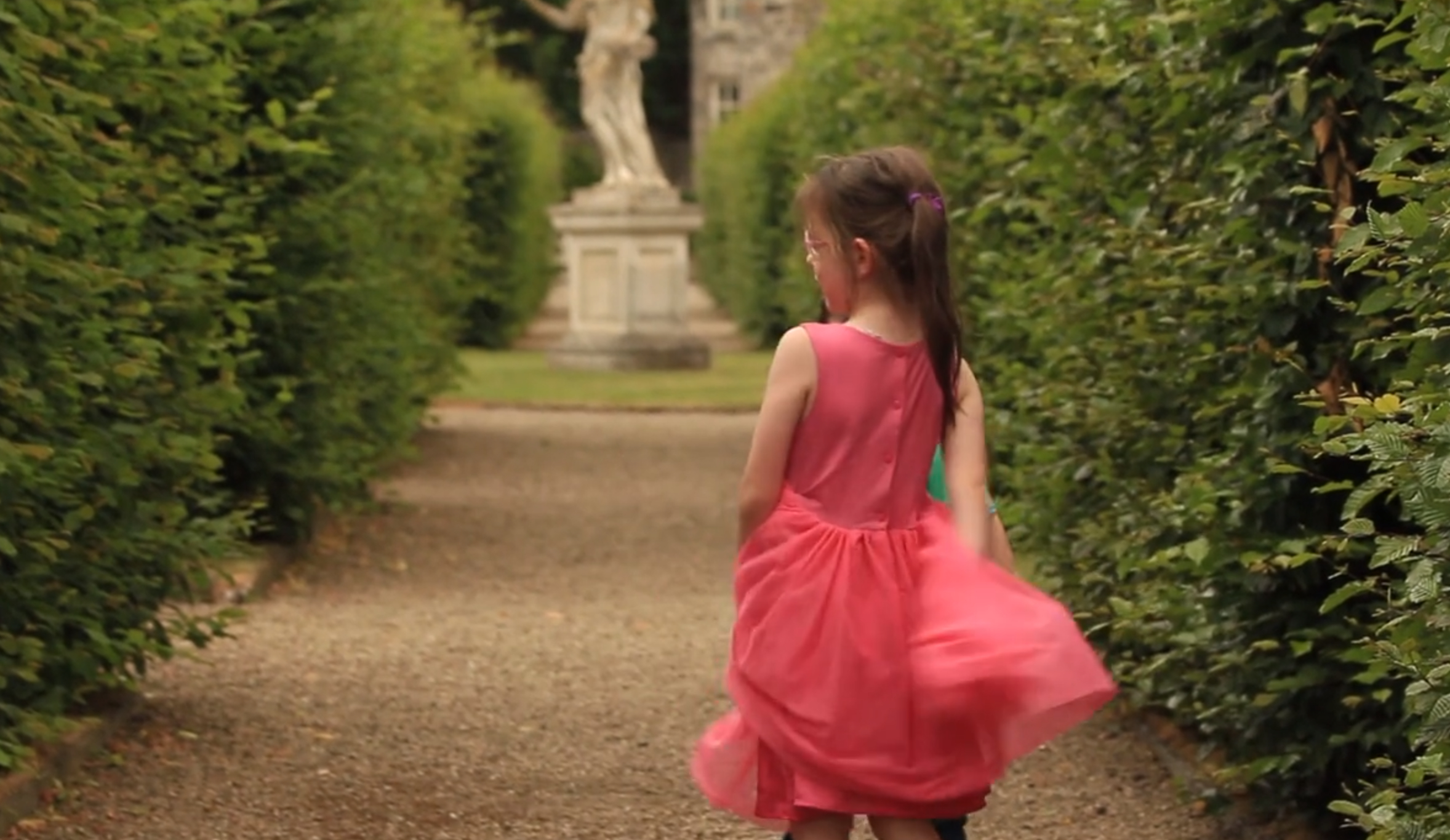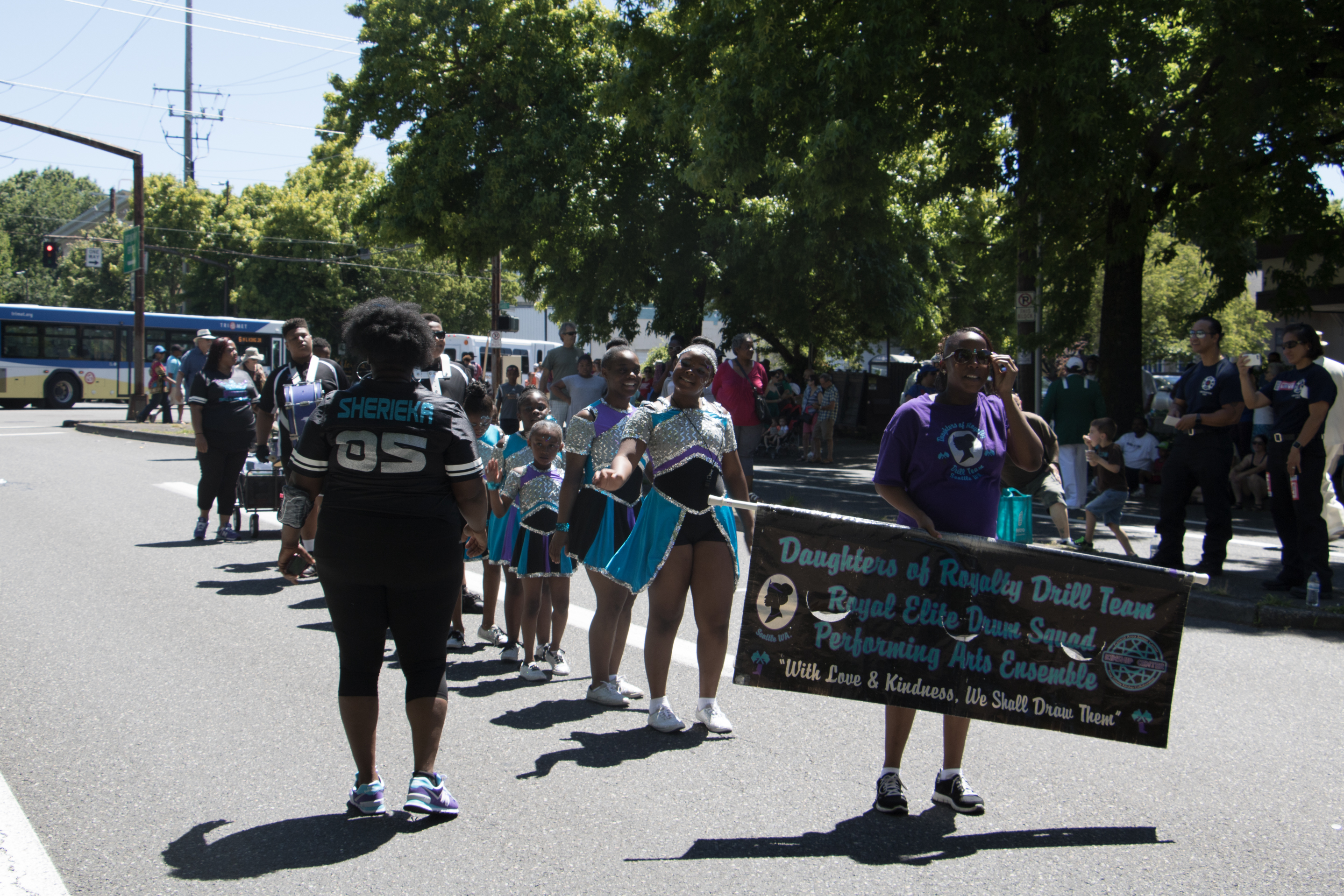As the city of Portland continues to grapple with the current housing crisis, the issue of houselessness is at the forefront of many people’s minds.
On Sept. 8, the Oregon Historical Society, in partnership with Sisters of the Road, hosted a screening of “On the Ground.” An energetic, standing-room-only crowd filled the space to watch this short documentary that looks at the realities of houselessness in Portland through the direct experiences of those who live or have lived on the streets.
“We know that the way people speak about their own lived experiences is crucial for historians, is crucial for our ongoing understanding of the past and how it’s shaped the Oregon that we have today,” said Eliza Canty-Jones, director of Community Engagement at OHS and a volunteer with Sisters of the Road.
For OHS, presenting this film to the community was one of many ways they strive to fulfill their mission, which is to preserve Oregon’s history in a way that is meaningful to and accessible for all Oregonians. They believe that in order to understand Oregon’s past, we must understand the stories of the people who lived it. That is what “On the Ground” does; it discusses houselessness through the stories of those who have directly experienced it.
“I’m always excited for people to think about the vast reality of lived human experience that’s around us all the time, and that that vast reality existed in the past as well,” Canty-Jones said. “I urge people to not accept simplistic stories about the present or the past.”
The film details many of the contributing factors to houselessness, such as gentrification, mental health, and the shelter-street-jail cycle many people find themselves stuck in.
After the screening, four people who were profiled in the film elaborated on their experiences and answered questions from the audience.
“I thought their willingness to be in the film and then stand up in the front of the room and make themselves available for questions from a public audience was really courageous,” Canty-Jones said. “To be able to have their wisdom and knowledge spoken to us was a really special opportunity.”
One of these people, Carolyn Anderson, said most people don’t identify her as being homeless because of the clothes she wears. She explained how she was even working double-time without days off and still could not afford her home. “Homelessness can happen to anyone in this room,” Anderson said.
The audience asked about the successful community-led responses to houselessness described in the film, such as Right 2 Dream Too and Hazelnut Grove, organized homeless camps in which the homeless police themselves. Melissa Sayson described these spaces as a good start, where people in that houseless community can work together to gather resources, problem-solve, and trust one another.
“It’s a place of healing,” Sayson said.
But while these are important spaces that give the homeless agency and some protection from the weather, they are not permanent solutions. “Living in tents is not a humane place to live. It’s not clean enough,” said Jason Moore, one of the speakers. He believes that people need to force authorities to build affordable housing.
Ibrahim Mubarak, the founder of Right 2 Dream Too, agreed. “I think the capitalist system needs to stop preying on the small people and make things affordable,” Mubarak said. “We don’t need a revolution, we need an evolution.”
Other people in the audience asked what they can do to help. Crystal Davis, development co-manager and coordinator for Sisters of the Road, said there’s always something someone can do to contribute. That could mean dropping off cans, donating to an organization that helps the houseless community, going to a protest, lobbying, or getting involved in creating legislation. It also means treating the houseless as human beings.
“My biggest hope for this is that folks from any background or circumstance realize there is something they can do to join folks in their struggle and work alongside these amazing and vibrant communities that are creating spaces for themselves right now,” Davis said.
The film and conversation that followed emphasized the fact that people need to take action in order to help the houseless. “We all need to come together to fix this problem,” Mubarak said.
“On the Ground” will be shown two more times this fall: 5:30 p.m. Tuesday, Oct. 11 at the Multnomah County Board Room; and 2:00 p.m. Sunday, Nov. 13 at the Hollywood Theater. All events are free and open to the public.






